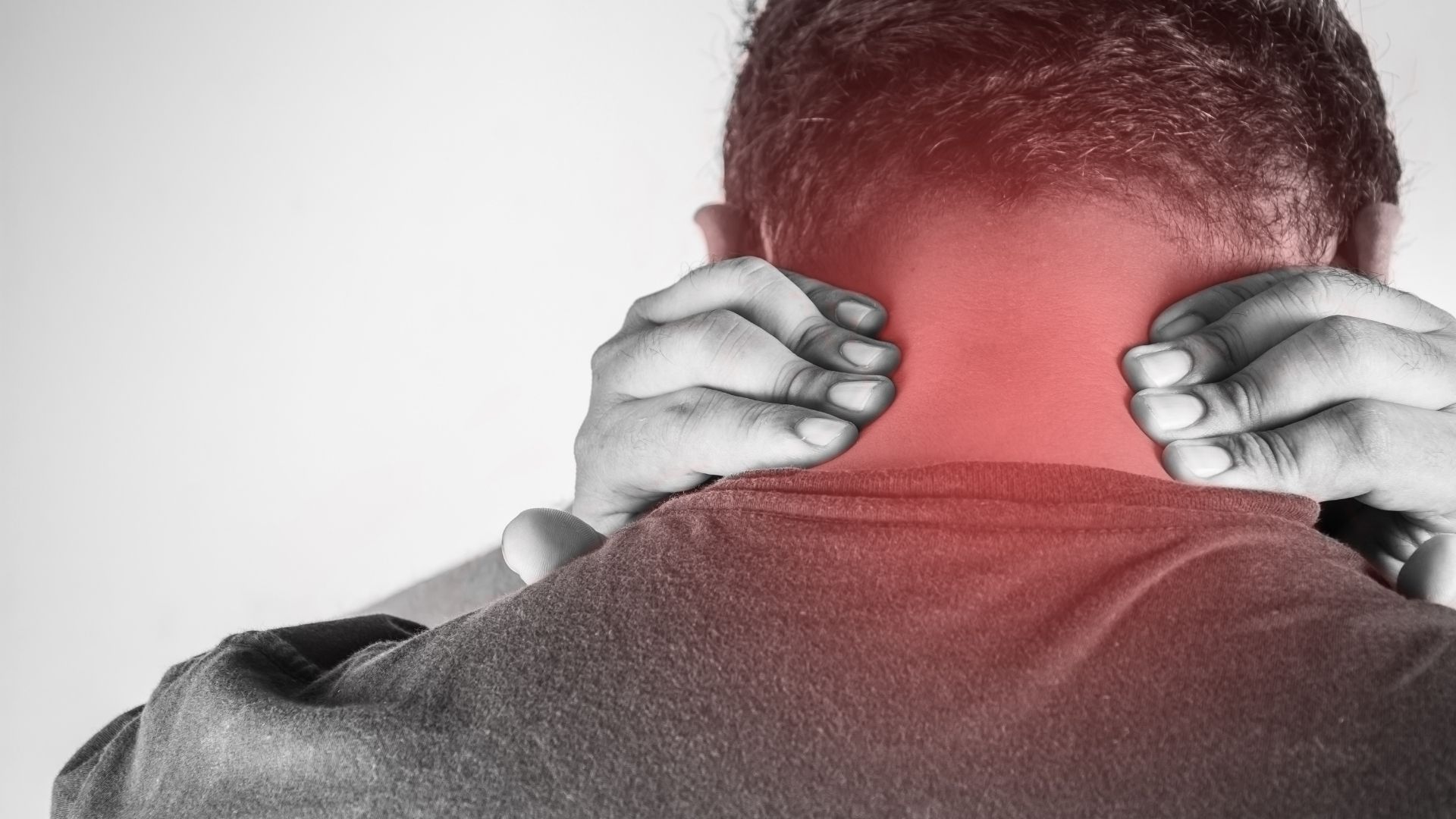Stomach Hernia (Hiatal Hernia) and Treatment Methods
A gastric hernia is a condition in which stomach contents leak into the esophagus as a result of weakness or enlargement of the diaphragm muscle that separates the stomach from the chest. This can cause stomach acid to flow back into the esophagus and cause various symptoms. There are two main types: “sliding type gastric hernia” and “paraesophageal gastric hernia.”
Causes:
A stomach hernia is caused by a weakening of the diaphragm. Many factors can trigger a stomach hernia. These factors include irregular diet, obesity, muscle weakening due to aging, injury, genetic predisposition, nerves and stress, smoking, pregnancy and heavy physical activities. It is more common in people over 50 years of age.
Symptoms:
Symptoms of a stomach hernia may vary depending on the size of the hernia. People with a large stomach hernia may experience the following symptoms:
Painful burning sensation in the chest
Food or liquid getting into the mouth
Heartburn
Bad breath
Stomach acid flowing back into the esophagus (acid reflux)
Difficulty swallowing
Cough, hoarseness
Sudden burping
Bloating
Bitter taste in the mouth
Nausea and vomiting
Chest and abdominal pain
Burning and pain behind the rib cage when lifting weights, bending or defecating
Shortness of breath
Changes in toilet habits
Symptoms indicating gastrointestinal bleeding, such as vomiting blood or black stools

Diagnostic Methods:
Various methods are used to diagnose gastric hernia:
X-ray of the upper digestive tract: X-rays are taken using a contrast agent to visualize the esophagus, stomach and intestines.
Upper endoscopy: A thin, flexible tube is used to examine the inside of the esophagus and stomach.
Esophageal manometry: Used to measure muscle contractions in the esophagus during swallowing.
Treatment Methods:
The treatment of gastric hernia differs depending on the severity of the symptoms and the patient’s condition:
Medication: Antacids that neutralize stomach acid, drugs that reduce acid production or medicines that heal the esophagus can relieve symptoms.
Surgical intervention: Surgery may be necessary, especially when medication is inadequate or serious complications occur. During surgery, the stomach is pulled into the abdomen, the diaphragm opening is reduced or the esophageal sphincter is reconstructed.
Lifestyle changes: You can adjust your eating habits to relieve symptoms and prevent progression of a herniated stomach. For example, not exercising after a meal, avoiding acidic drinks, quitting smoking and alcohol consumption, losing excess weight, keeping your head elevated when lying down and avoiding stress can be beneficial.
Stomach hernia can be controlled with early diagnosis and appropriate treatment.



